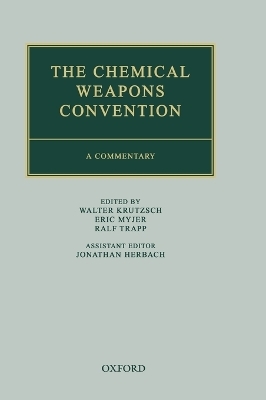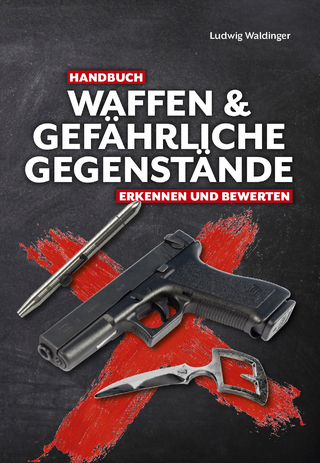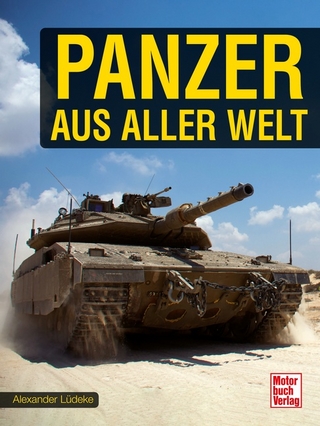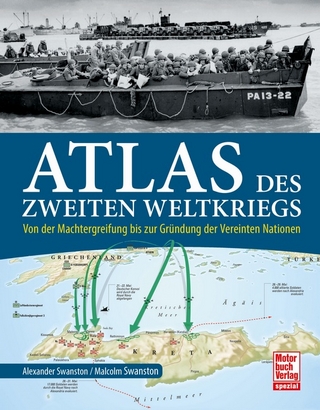
The Chemical Weapons Convention
Oxford University Press (Verlag)
978-0-19-966911-0 (ISBN)
This book provides an article-by-article commentary on the text of the Chemical Weapons Convention (CWC) and its Annexes, one of the cornerstone disarmament and arms control agreements. It requires the verified elimination of an entire category of weapons of mass destruction and their means of production by all its States Parties within established time lines, and that prohibits any activities to develop or otherwise acquire such weapons.
Cross-cutting chapters alongside the detailed commentary, by those intimately involved in the development of the Convention, assess the history of the efforts to prohibit chemical weapons, the adoption of the Convention and the work of the Preparatory Commission, the entry into force of the Convention to the Second Review Conference, and the need for a new approach for the governance of chemical weapons.
Written by those involved in its creation and implementation, this book critically reviews the practices adopted in implementing the Convention, as well as the challenges ahead, and provides legal commentary on, and guidance for, its future role. It assesses how to adapt its implementation to advances in science and technology, including the discovery of new chemicals and the development of biochemical 'non-lethal' compounds that influence behaviour. It addresses the legal framework within which the Organization for the Prohibition of Chemical Weapons (OPCW) takes decisions, both with regard to the OPCW's own regulatory framework and regarding wider international norms, accepted principles, and practices. The Commentary draws conclusions on how the prohibitions against chemical weapons can be strengthened and the stature of the OPCW protected. It highlights the involvement of industry and academia in this prohibition, creating a symbiosis between effective governance and the legal framework of the Convention.
This book is an authoritative, scholarly work for anyone interested in the Chemical Weapons Convention, in international disarmament and arms control law, and in the work of international organizations, and a practical guide for individuals and institutions involved in the Convention's day-to-day implementation.
Walter Krutzsch is a retired lawyer. From 1984 he participated for the German Democratic Republic in the negotiations on the Chemical Weapons Convention; during three years as chairman of one of the three working groups of the negotiation committee. At the end of the negotiations he assisted the commission's chairman in drafting the final treaty text. Between 1994 and 1999he contributed to the work of the provisional Technical Secretariat of the OPCW. Eric Myjer is Professor of Conflict and Security Law at Utrecht University (the Netherlands). Furthermore he is a member of the Dutch government Standing Advisory Committee on Issues of Public International Law and a member of the International Law Association's Committee on the Use of Force. He is co-editor in chief of the Journal of Conflict & Security Law. He is also Judge (locum) at The Hague Court of Appeal. He has written extensively on topics of arms control law like in Issues of Arms Control Law and the Chemical Weapons Convention (Martinus Nijhoff, 2001), which he edited and co-authored. Ralf Trapp is an independent disarmament consultant living in France. He is a chemist by training and has worked with the GDR Academy of Sciences, the Stockholm International Peace Research Institute (SIPRI), the German Institute for International and Security Affairs (SWP) Ebenhausen and the OPCW. He was a technical adviser to the GDR CD delegation from 1983 to 1989, and in 1992 joined the German delegation to the CD during the final negotiations of the CWC. Between 1993 and 2006, he held senior positions at OPCW in industry verification, verification policy, international cooperation, government relations /political affairs and in the preparation and conduct of the two CWC Review Conferences. He also served as Secretary of the OPCW Scientific Advisory Board. He has published widely on issues related to chemical weapons disarmament. In 2006, he was elected external member of the Academy of Sciences of Bologna.
PART ONE: INTRODUCTION AND GENERAL ISSUES ; PART TWO: THE PREAMBLE TO THE CHEMICAL WEAPONS CONVENTION ; PART THREE: ARTICLES OF THE CHEMICAL WEAPONS CONVENTION ; PART FOUR: FINAL CLAUSES ; PART FIVE: ANNEXES TO THE CHEMICAL WEAPONS CONVENTION ; PART SIX: ANNEX TO THE COMMENTARY
| Erscheint lt. Verlag | 7.8.2014 |
|---|---|
| Reihe/Serie | Oxford Commentaries on International Law |
| Verlagsort | Oxford |
| Sprache | englisch |
| Maße | 181 x 247 mm |
| Gewicht | 1452 g |
| Themenwelt | Natur / Technik ► Fahrzeuge / Flugzeuge / Schiffe ► Militärfahrzeuge / -flugzeuge / -schiffe |
| Recht / Steuern ► EU / Internationales Recht | |
| Recht / Steuern ► Öffentliches Recht ► Völkerrecht | |
| Sozialwissenschaften ► Politik / Verwaltung | |
| ISBN-10 | 0-19-966911-2 / 0199669112 |
| ISBN-13 | 978-0-19-966911-0 / 9780199669110 |
| Zustand | Neuware |
| Haben Sie eine Frage zum Produkt? |
aus dem Bereich


